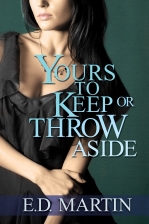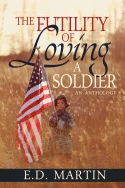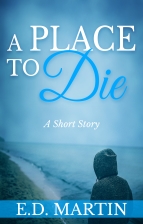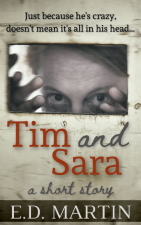 I write a lot of character-driven stories, and so I’m always on the lookout for ways to focus on characters’ motivation and thought processes. I’ve recently come across a term, stuck points, that really fits with my works.
I write a lot of character-driven stories, and so I’m always on the lookout for ways to focus on characters’ motivation and thought processes. I’ve recently come across a term, stuck points, that really fits with my works.
My research focus in my PhD program is trauma’s role in education. As such, I’m taking a lot of classes and workshops focusing on a trauma-informed perspective – realizing that there’s a good chance anyone you meet and work with has experienced some kind of trauma that affects their perceptions and behaviors, and therefore changing your own perceptions and behaviors to meet them where they are.
One of the methods used to treat trauma is cognitive processing therapy (CPT), which focuses on reframing people’s perceptions of what they experienced. And a major component of this is stuck points.
Stuck point = a thought that keeps someone from recovering from a bad/traumatic experience.
Often times, stuck points develop because someone’s old way of thinking doesn’t fit with what happened to them. It builds on the just world theory that bad things only happen to bad people – so if something bad happens to you, you must be a bad person.
Stuck points are often a black and white exaggeration, using terms like “everyone” or “no one,” “always” or “never.”
Stuck points can focus on the past – “If I’d done X, then Y would’ve happened instead of Z” – or they can focus on the present – “No one will ever love me” or “I’ll never be able to trust again.”
My novel Yours to Keep or Throw Away is driven by MC Andrew Adam’s stuck points:
- “My parents split up because I was a bad kid.” – focusing on his crappy childhood
- “If I’d been a better partner, my relationships wouldn’t have ended badly.” – focusing on past relationships
- “If I’d trained my soldiers better, they wouldn’t have been killed.” – focusing on his military experience
- “I don’t deserve to have a happily ever after.” – the summation of all his other stuck points.
Sometimes there’s truth in stuck points. For example, if Andrew had been a better partner, maybe his relationships wouldn’t have ended – but maybe they still would have. What happened wasn’t entirely his fault, and he shouldn’t keep beating himself up over it.
As characters grow over the course of the story, they can move past these stuck points to become a healthy character (or go from a healthy character to having stuck points). Either way, it makes for a great, character-driven story.
What stuck points do your characters have? Are they able to resolve them?





